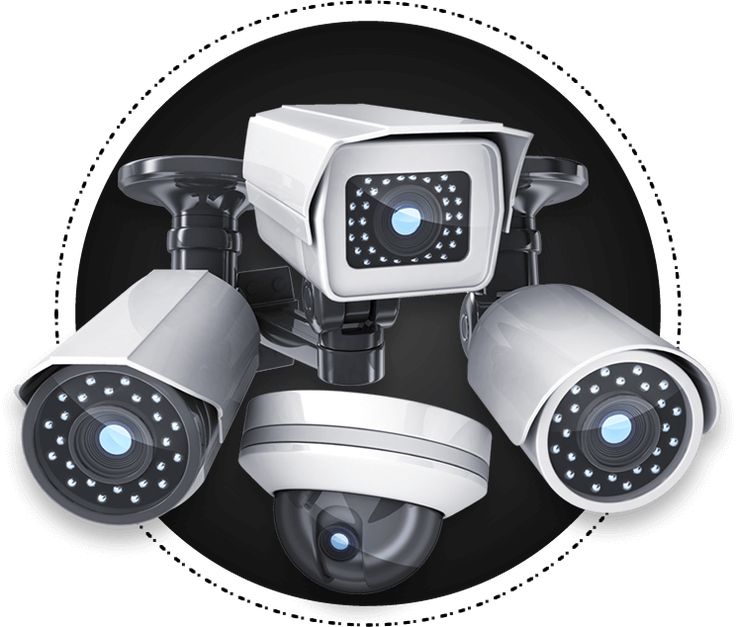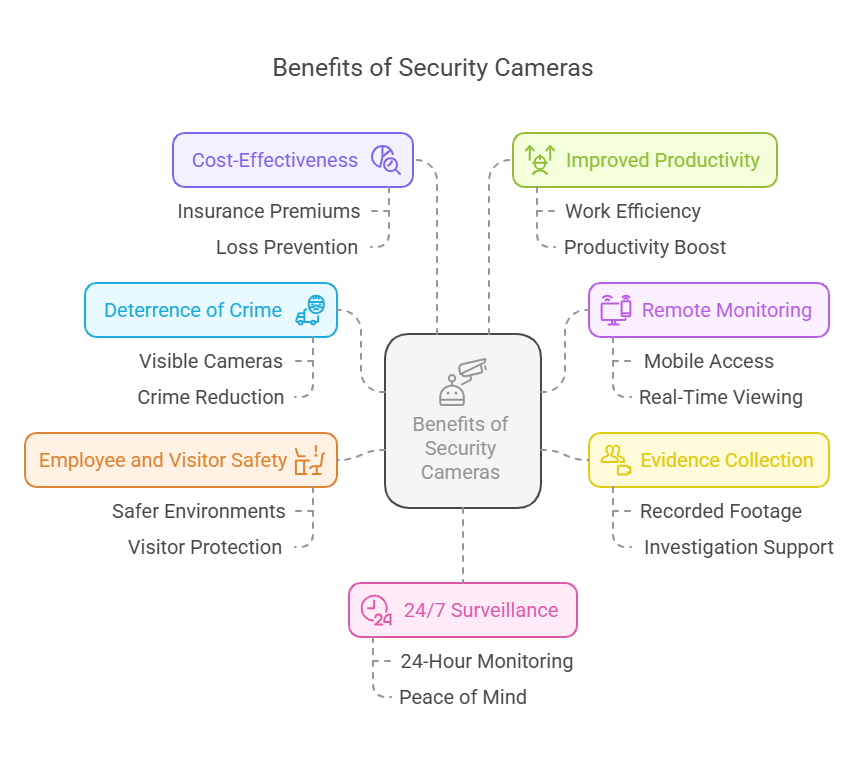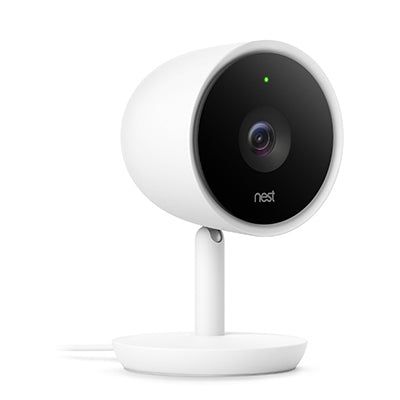Security system
A security system is a comprehensive setup designed to protect property, assets, and individuals from potential threats such as theft, vandalism, or unauthorized access. It typically includes components like alarms, security cameras, motion detectors, and access control devices, all working together to detect and respond to security breaches. Modern security systems often integrate smart technology, allowing users to monitor and control their systems remotely through smartphones or computers. With features like real-time alerts and automated responses, a security system provides peace of mind and enhances the safety of homes, businesses, and other properties.

Table of content
- Introduction
- Types of security cameras
- Key features to look for
- Benefits of security cameras
- Applications of security cameras
- Technological innovations
- Challenges and consideration
Introduction
- Start with a compelling fact or statistic about security camera effectiveness.
- Explain why security cameras are an essential tool for safety and surveillance.
- Mention their growing role in homes, businesses, and public spaces.
Example:
Did you know that properties with security cameras are 60% less likely to be targeted by criminals? Security cameras have become indispensable in modern security systems, offering millions worldwide a watchful eye and peace of mind.
Types of Security Cameras
- Indoor vs. Outdoor Cameras: Highlight their differences in design and functionality.
- Wired vs. Wireless Cameras: Explain the pros and cons of each.
- Dome, Bullet, and PTZ Cameras: Discuss use cases for different camera shapes and capabilities.
- Specialized Cameras: Thermal, night-vision, and license plate recognition cameras.



Key Features to Look For
- Resolution: Importance of HD or 4K clarity for identifying details.
- Field of View: How wide-angle lenses improve coverage.
- Night Vision: Infrared or color night vision for 24/7 monitoring.
- Smart Capabilities: AI-powered motion detection, facial recognition, and integration with smart home systems.
- Storage Options: Local storage vs. cloud-based solutions.
- Weather Resistance: Durability for outdoor environments (IP ratings).
Example:
- Resolution: Importance of HD or 4K clarity for identifying details.
- Field of View: How wide-angle lenses improve coverage.
- Night Vision: Infrared or color night vision for 24/7 monitoring.
- Smart Capabilities: AI-powered motion detection, facial recognition, and integration with smart home systems.
- Storage Options: Local storage vs. cloud-based solutions.
- Weather Resistance: Durability for outdoor environments (IP ratings).
Benefits of Security Cameras
- Crime Deterrence: Visible cameras discourage potential intruders.
- Real-Time Monitoring: Access live feeds via smartphones and apps.
- Evidence Collection: Recorded footage aids in investigations and insurance claims.
- Remote Accessibility: Monitor your property from anywhere in the world.
- Enhanced Safety: Ensure the well-being of loved ones and employees.

Applications of Security Cameras
- Home Security: Protect against break-ins, monitor deliveries, and ensure child safety.
- Business Security: Safeguard assets, monitor employee behavior, and prevent theft.
- Public Safety: Traffic monitoring, city surveillance, and crowd management.
- Specialized Use Cases: Wildlife observation, warehouse monitoring, and event security
- Technological Innovations
- AI Integration: Behavior analysis, smart alerts, and false alarm reduction.
- Cloud Storage: Benefits of secure, remote video storage.
- IoT and Smart Homes: Seamless integration with other devices like alarms and lighting.
- 5G Connectivity: High-speed data transfer for real-time streaming.
Technological Innovations
- AI Integration: Behavior analysis, smart alerts, and false alarm reduction.
- Cloud Storage: Benefits of secure, remote video storage.
- IoT and Smart Homes: Seamless integration with other devices like alarms and lighting.
- 5G Connectivity: High-speed data transfer for real-time streaming.
Challenges and Considerations
- Privacy Concerns: Balancing security needs with privacy rights.
- Cybersecurity: Protecting systems from hacking or unauthorized access.
- Installation Costs: Finding a balance between budget and features.
- Maintenance Needs: Ensuring cameras are clean, operational, and updated.
How to Choose the Right Security Camera
- Define your purpose: Home, business, or outdoor use?
- Budget considerations: Balancing cost with essential features.
- Brand reliability: Choose trusted names like Dahua, Hikvision, or Nest.
- Installation: Professional vs. DIY options.



Conclusion
- Summarize the importance of investing in a good security camera.
- Encourage readers to assess their needs and explore the latest technologies.
- End with a call-to-action, like visiting a store, consulting a professional, or researching online.
